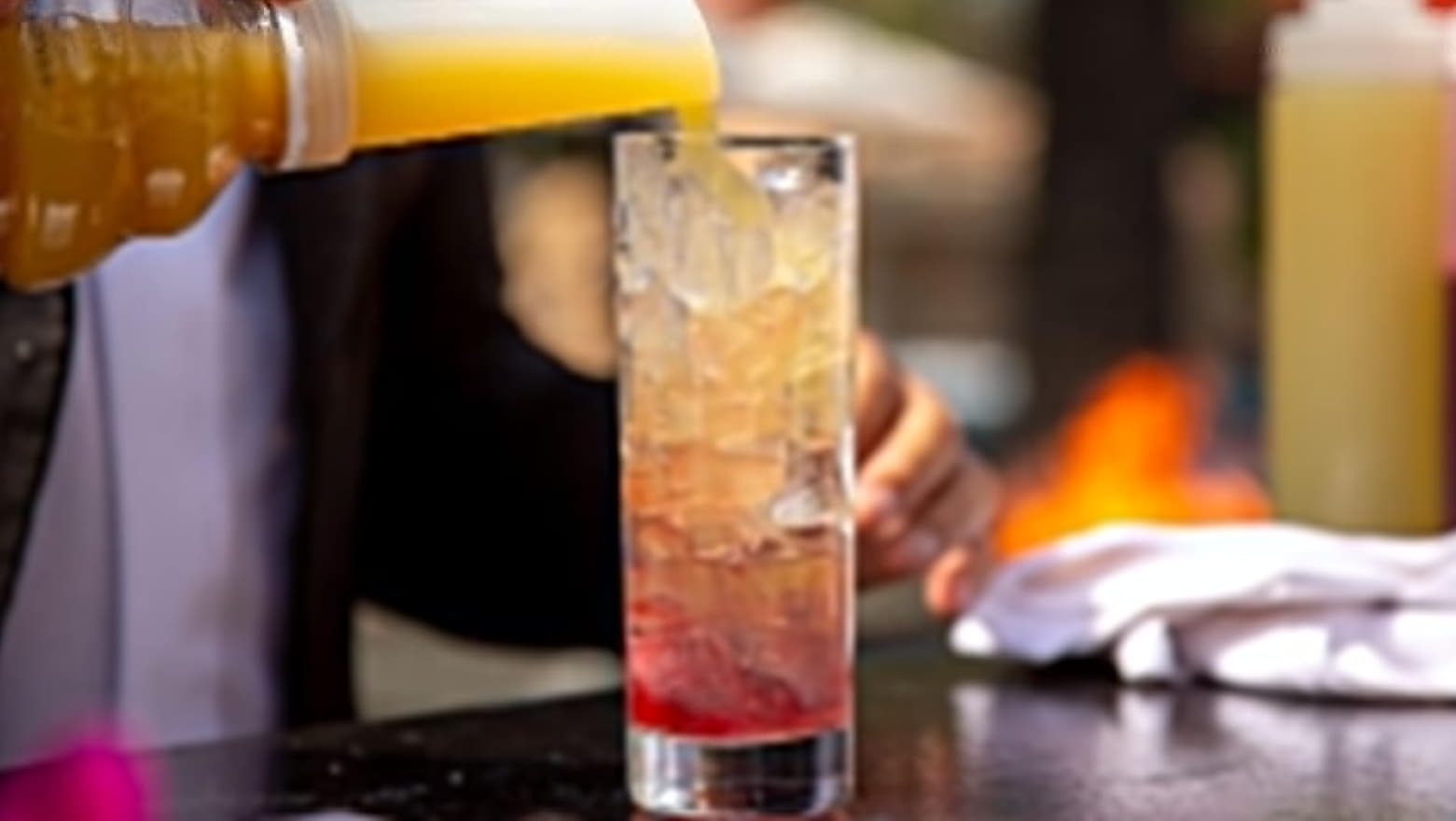Liquor license application is a daunting process for entrepreneurs in various countries like the U.S. and the United Kingdom. Fortunately, countries like South Africa have simplified this process to encourage more businesspeople to venture into this industry.
5 Crucial Steps for Online Liquor License Application
Ensure you follow these steps to apply for a liquor sales permit successfully.
Determine the Permit You Need
South African government issues on-premise and takeaway liquor sales licenses to entrepreneurs. Therefore, the entrepreneurs need to establish the kind of liquor-selling permit they require from these officials.
Acquire All the Necessary Identification Documents.
The entrepreneur must secure identification documents, like proof of address, identification card, and business ownership certificate. After that, the businessperson should scan all these documents to keep them in soft copy.
Fill out The License Application Form.
The third step is to visit the SARS website to fill up this online form to get a permit to run a liquor store in South Africa.
Attach Identification Documents
These officials need one’s identification card and SARS certificate to review one’s liquor license application in SA.
Submit Your Application
Complete all the required fields and attach all mandatory documents before submitting this form online.
What Factors Affect Restaurant Liquor License Cost in 2024?
The below factors directly affect a restaurant’s liquor license cost.
Location
The revenue authority considers where the applicant’s business will be situated to determine the application fee.
Business Nature
The officials also consider the products or services the business owner will render to their clients. For example, the cost will be higher if the owner hopes to sell beer on the side to clients after a meal.
Business Type
The officials also consider the ownership of the business an entrepreneur intends to start. For example, the cost is higher for registered companies than for single businesses.
Sales
Surprisingly, officials also estimate the amount of sales based on the capital the owner earmarks for their business. The license fee is higher for large organizations than for smaller startups, as they will sell more products or services.
Risks
Occasionally, these officials ask for a lower license fee for risky businesses to persuade more investors. On the other hand, less competitive business ventures attract a higher permit fee.
Conclusion
Government officials take 7 to 14 business days to review a liquor license application before communicating feedback. All entrepreneurs must stick to ethical business practices to avoid losing this permit.

